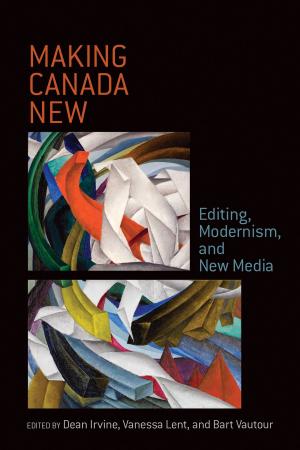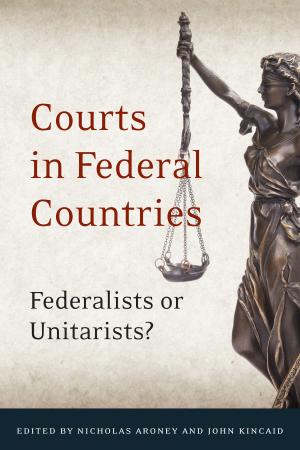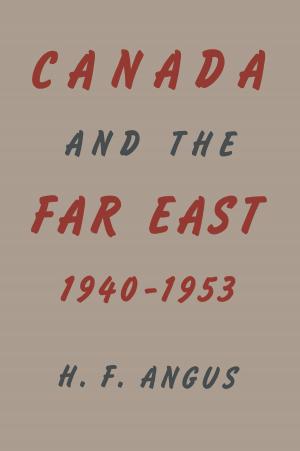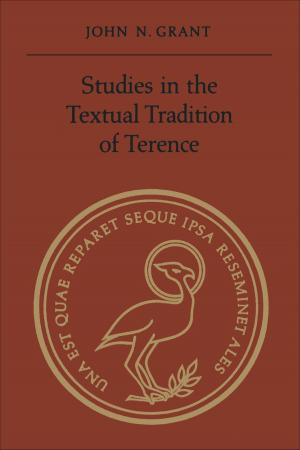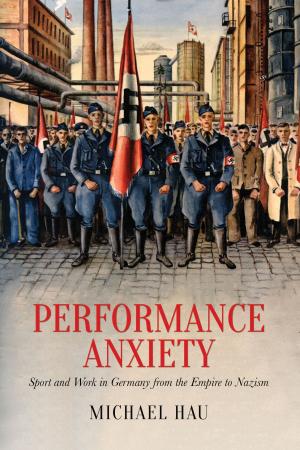Twilight of Empire
The Brest-Litovsk Conference and the Remaking of East-Central Europe, 1917–1918
Nonfiction, History, Eastern Europe, Asian, Russia, European General| Author: | Borislav Chernev | ISBN: | 9781487513351 |
| Publisher: | University of Toronto Press, Scholarly Publishing Division | Publication: | June 16, 2017 |
| Imprint: | Language: | English |
| Author: | Borislav Chernev |
| ISBN: | 9781487513351 |
| Publisher: | University of Toronto Press, Scholarly Publishing Division |
| Publication: | June 16, 2017 |
| Imprint: | |
| Language: | English |
Twilight of Empire is the first book in English to examine the Brest-Litovsk Peace Conference during the later stages of World War I with the use of extensive archival sources. Two separate peace treaties were signed at Brest-Litovsk – the first between the Central Powers and Ukraine and the second between the Central Powers and Bolshevik Russia.
Borislav Chernev, through an insightful and in-depth analysis of primary sources and archival material, argues that although its duration was short lived, the Brest-Litovsk settlement significantly affected the post-Imperial transformation of East Central Europe. The conference became a focal point for the interrelated processes of peacemaking, revolution, imperial collapse, and nation-state creation in the multi-ethnic, entangled spaces of East Central Europe. Chernev’s analysis expands beyond the traditional focus on the German-Russian relationship, paying special attention to the policies of Austria-Hungary, Bulgaria, and Ukraine. The transformations initiated by the Brest-Litovsk conferences ushered in the twilight of empire as the Habsburg, Hohenzollern, and Ottoman Empires all shared the fate of their Romanov counterpart at the end of World War I.
Twilight of Empire is the first book in English to examine the Brest-Litovsk Peace Conference during the later stages of World War I with the use of extensive archival sources. Two separate peace treaties were signed at Brest-Litovsk – the first between the Central Powers and Ukraine and the second between the Central Powers and Bolshevik Russia.
Borislav Chernev, through an insightful and in-depth analysis of primary sources and archival material, argues that although its duration was short lived, the Brest-Litovsk settlement significantly affected the post-Imperial transformation of East Central Europe. The conference became a focal point for the interrelated processes of peacemaking, revolution, imperial collapse, and nation-state creation in the multi-ethnic, entangled spaces of East Central Europe. Chernev’s analysis expands beyond the traditional focus on the German-Russian relationship, paying special attention to the policies of Austria-Hungary, Bulgaria, and Ukraine. The transformations initiated by the Brest-Litovsk conferences ushered in the twilight of empire as the Habsburg, Hohenzollern, and Ottoman Empires all shared the fate of their Romanov counterpart at the end of World War I.






